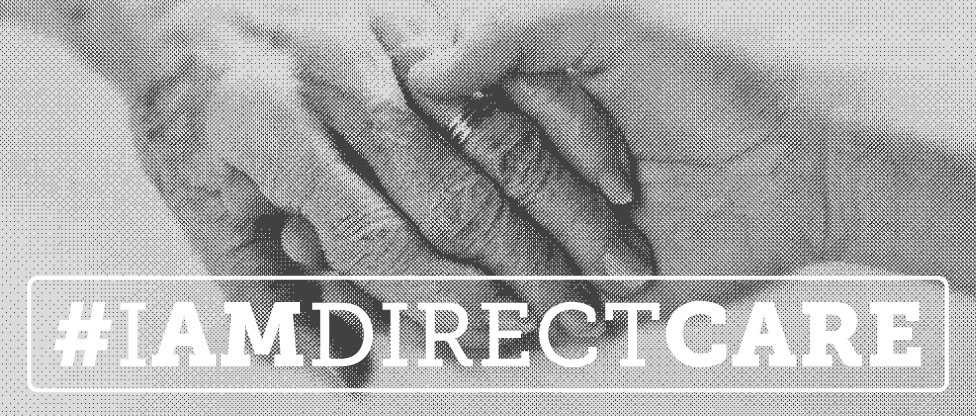If being crazy means we know our patients backwards and forwards, show up at the hospital when they’re admitted, and help fill in the blanks of their medical history when our patient is unable, then sign us up.
If being old school means our doctor-patient relationships are rock solid, cradled in trust, and wrapped in endless care, then we’re on board.
Like the experience in this story told by Dr. Dhand over at KevinMD, we’re totally up for letting DPC take us back to basics.
A couple of weeks ago I was on-call and had to go down to the emergency room to see a patient. Before I entered the room, I was told that the patient was accompanied by her long-time physician who was a bit “crazy and old school.”
“Hmm … that’s strange … why would her physician be in the room with her?” I thought to myself. When I went in to introduce myself, sure enough sat next to her was an elderly physician probably in his late 70s or early 80s. After he greeted me with a warm and friendly handshake, he told me that he had practiced medicine in the local area for the last several decades. I still continued to wonder exactly what he was doing there, and this thought persisted for the next few minutes.
However, as I got further into the interview, I quickly realized just why he was sitting by his patient’s side. This doctor had cared for the patient for at least the last 30 years, was in the process of winding down his practice, but felt compelled to come and visit his patient (with no financial incentive to do so) as soon as he heard she was being admitted to the hospital. The patient — elderly herself and hard of hearing — wasn’t able to give me a complete history. But that was OK, because her doctor knew her inside out. Every little detail.
Read the full story over here and after you do, a little personal reflection of your own might be just what the doctor ordered.


